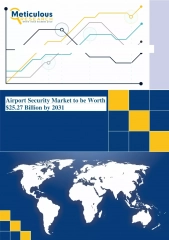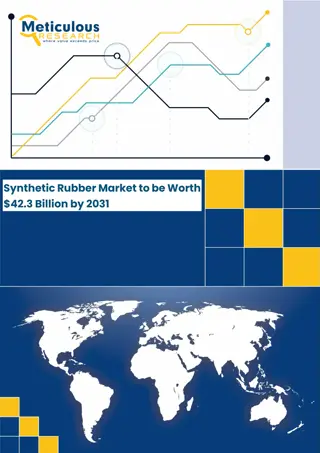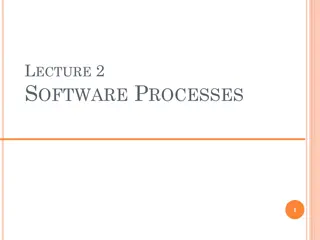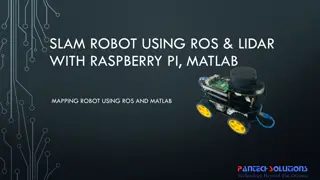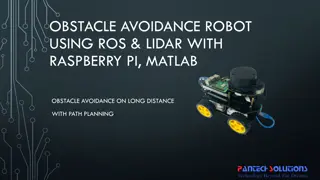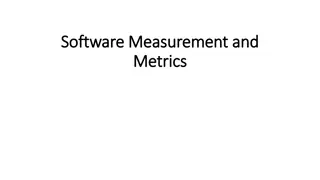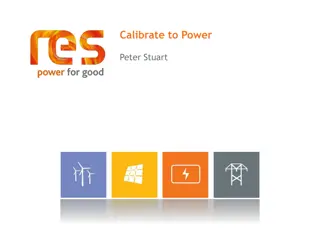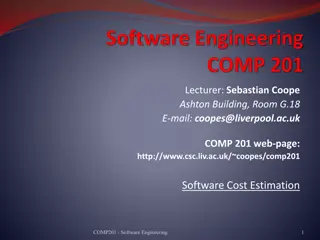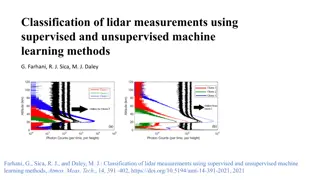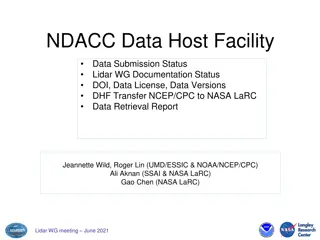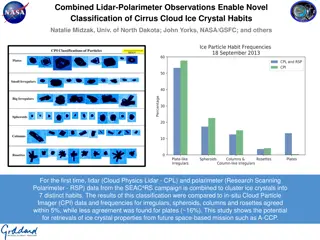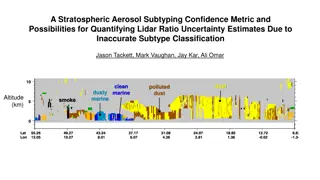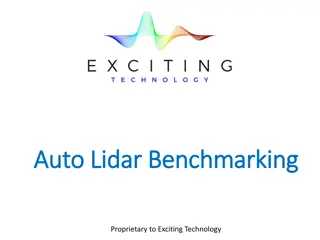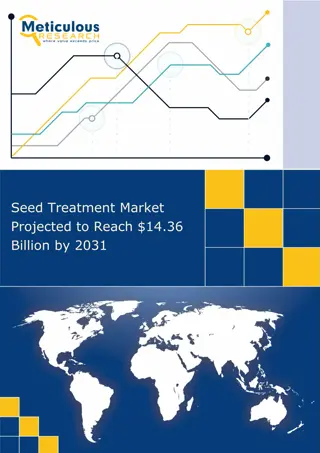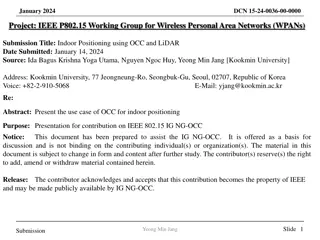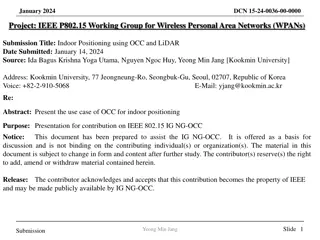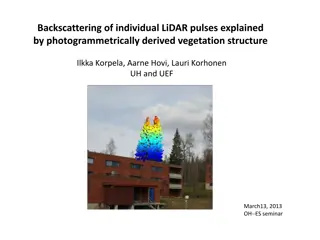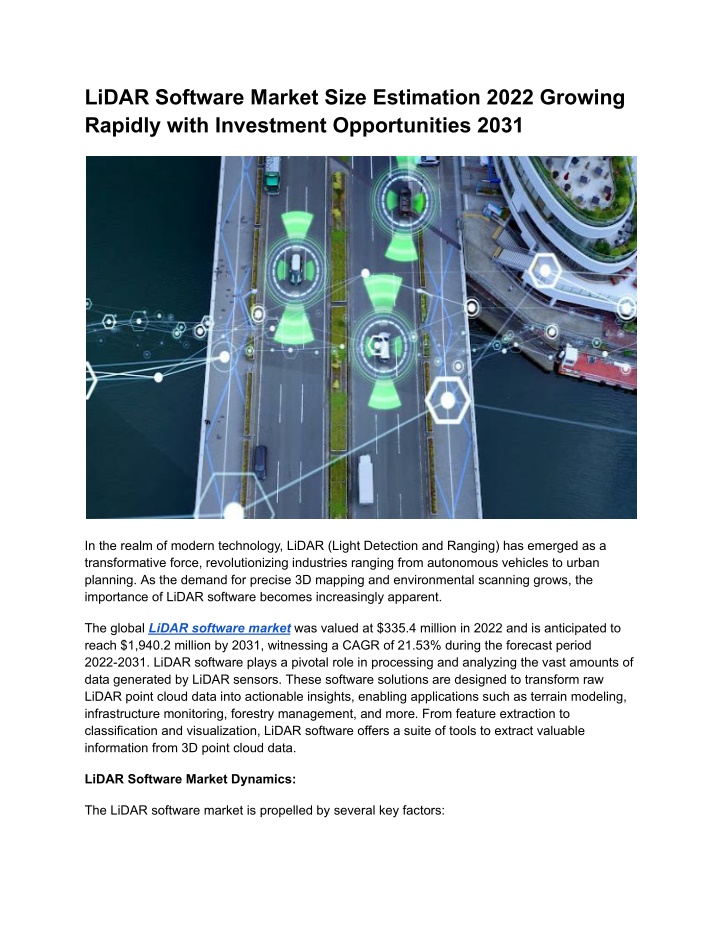
LiDAR Software Market with Investment Opportunities by 2031
The global LiDAR software market was valued at $335.4 million in 2022 and is anticipated to reach $1,940.2 million by 2031, witnessing a CAGR of 21.53% during the forecast period 2022-2031.
Download Presentation

Please find below an Image/Link to download the presentation.
The content on the website is provided AS IS for your information and personal use only. It may not be sold, licensed, or shared on other websites without obtaining consent from the author. If you encounter any issues during the download, it is possible that the publisher has removed the file from their server.
You are allowed to download the files provided on this website for personal or commercial use, subject to the condition that they are used lawfully. All files are the property of their respective owners.
The content on the website is provided AS IS for your information and personal use only. It may not be sold, licensed, or shared on other websites without obtaining consent from the author.
E N D
Presentation Transcript
LiDAR Software Market Size Estimation 2022 Growing Rapidly with Investment Opportunities 2031 In the realm of modern technology, LiDAR (Light Detection and Ranging) has emerged as a transformative force, revolutionizing industries ranging from autonomous vehicles to urban planning. As the demand for precise 3D mapping and environmental scanning grows, the importance of LiDAR software becomes increasingly apparent. The global LiDAR software market was valued at $335.4 million in 2022 and is anticipated to reach $1,940.2 million by 2031, witnessing a CAGR of 21.53% during the forecast period 2022-2031. LiDAR software plays a pivotal role in processing and analyzing the vast amounts of data generated by LiDAR sensors. These software solutions are designed to transform raw LiDAR point cloud data into actionable insights, enabling applications such as terrain modeling, infrastructure monitoring, forestry management, and more. From feature extraction to classification and visualization, LiDAR software offers a suite of tools to extract valuable information from 3D point cloud data. LiDAR Software Market Dynamics: The LiDAR software market is propelled by several key factors:
1. Rise in LiDAR Applications: The proliferation of LiDAR technology across various sectors, including automotive, aerospace, agriculture, and archaeology, is driving the demand for advanced software solutions. As industries harness the power of LiDAR for mapping, surveying, and monitoring purposes, the need for robust software becomes imperative. 2. Technological Advancements: Ongoing advancements in LiDAR hardware, such as the development of solid-state LiDAR and multi-beam systems, are complemented by innovations in software algorithms. From improved point cloud processing to real-time analytics, software developers are constantly enhancing their offerings to meet evolving market needs. 3. Government Initiatives and Regulations: Government initiatives aimed at infrastructure development, urban planning, and environmental conservation are fueling the adoption of LiDAR technology. Additionally, regulatory mandates regarding safety and environmental compliance are driving the integration of LiDAR systems, thereby boosting the demand for accompanying software solutions. 4. Emergence of Autonomous Vehicles: The rapid expansion of the autonomous vehicle market represents a significant growth opportunity for LiDAR software providers. LiDAR sensors serve as a cornerstone of autonomous driving systems, enabling vehicles to perceive and navigate their surroundings with unparalleled accuracy. Consequently, the demand for LiDAR software for automotive applications is poised to surge in the coming years. LiDAR Software Market by Application Forestry and Environmental Survey and Mapping Automotive Construction and Infrastructure Request A Free Detailed Sample on LiDAR Software Market - A Global and Regional Analysis LiDAR Software Market by Region In 2021, North America emerged as the dominant force in the LiDAR software market, boasting the largest market share. Renowned for its thriving automotive, construction, and infrastructure sectors, this region hosts key players pivotal in shaping the LiDAR software landscape. The trajectory of LiDAR software adoption is poised for substantial growth in the foreseeable future, driven by the decreasing costs of integrated LiDAR solutions and substantial investments in technological advancements within the LiDAR software domain. However, in terms of future expansion, Europe and China are projected to take the lead in the LiDAR software market from 2022 to 2032. Anticipated to experience exponential growth, these regions are set to witness a surge in demand for LiDAR software solutions, particularly in the realms of autonomous driving and smart infrastructure applications.
LiDAR Software Market Future Outlook: Looking ahead, the LiDAR software market is poised for robust growth, driven by technological innovation and expanding applications. Key trends that are expected to shape the market landscape include: 1. Integration of AI and Machine Learning: The integration of artificial intelligence (AI) and machine learning (ML) algorithms into LiDAR software holds immense potential for enhancing data processing capabilities and enabling real-time analytics. 2. Cloud-based Solutions: With the proliferation of cloud computing infrastructure, there is a growing trend towards cloud-based LiDAR software solutions, offering scalability, accessibility, and collaborative capabilities. 3. Expanding Application Areas: Beyond traditional sectors, LiDAR technology is finding new applications in areas such as archaeology, cultural heritage preservation, and disaster management, driving demand for specialized software tools tailored to these domains. 4. Standardization and Interoperability: Efforts towards standardization and interoperability of LiDAR data formats and software interfaces are expected to streamline workflows and facilitate seamless integration with other geospatial technologies. Get Detailed Insights on Autonomous Vehicle Market Research Reports Conclusion: The LiDAR software market represents a dynamic ecosystem fueled by innovation, industry collaboration, and evolving market demands. As LiDAR technology continues to permeate various sectors, the role of advanced software solutions will be pivotal in unlocking its full potential and driving transformative change across industries.

